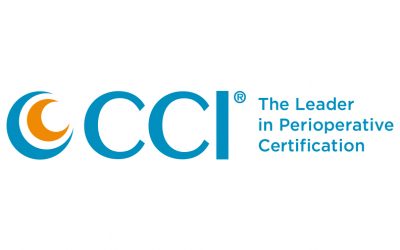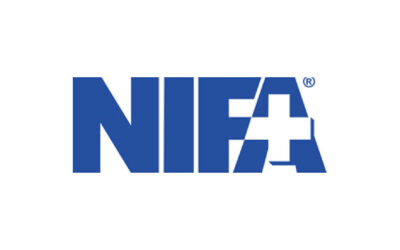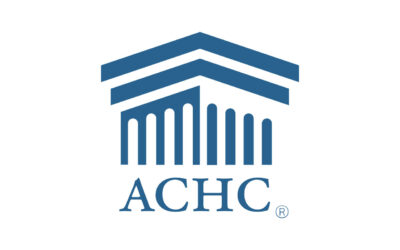
By Jim Stobinski
In October of 2019 the Competency and Credentialing Institute (CCI) published a position paper titled, “The BSN-Educated Nursing Workforce.” The paper is available for download from the CCI website. Much has been written about BSN level education for the nursing profession and the subject continues to generate considerable discussion and disagreement among nurses. The impetus for this paper was twofold. The first prompt was the recent discussion at the AORN Surgical Conference and Expo on this subject and the second was legislation enacted in the state of New York regarding educational preparation for nurses – The BSN in 10 law.
Although CCI staff frequently publish peer-reviewed literature and make presentations, the organization had not previously published a position paper. As the CEO of CCI, I expect this paper will prompt further comment and perhaps elicit strong reactions from some nurses. In this column, I would like to expand on the material presented in the paper and provide further context. First, the CCI does not take a stance on educational preparation to enter the profession. It has long been established that all three current educational paths (Diploma, AD and BSN) produce well-prepared clinicians. The Associate Degree as an entry point to the nursing profession is essential to meet the demand for nursing care. Setting aside the question of pre-licensure education choice, the issue for CCI then becomes – What is the level of education needed by nurses for the care to be provided in the future?
The profession of nursing is conducted in an increasingly complex, technology-rich environment with a rapid rate of change. The body of research-based evidence strongly supports that improved patient outcomes and financial results correlate with a greater ratio of care delivered by BSN prepared nurses. Although earlier, less complex studies conducted 15+ years ago produced equivocal results in this area that is no longer the case. Recent studies using advanced statistical measures now provide clear, unequivocal evidence supporting BSN level education for nurses. In short, the train has left the station on this matter and as a profession nursing should respond to the evidence.
The CCI is familiar with the body of evidence cited in the preceding paragraph and we felt compelled to state our position on the issue. I have witnessed the strongly worded statements by nurses who cite the work of exemplary nurses educated at the AD level and also the shortfalls of BSN educated nurses. As an organization, CCI maintains that these anecdotes, however convincing and strongly felt, constitute a low level of evidence. We believe it is time to act on the wealth of convincing research now in the field and work to increase the ratio of care provided by BSN-prepared nurses.
CCI believes that the stakeholders in nursing should collaborate to develop programs to facilitate the transition to BSN level education. The wealth of BSN completion programs now makes this task easier. CCI demonstrates their support for BSN level education with policies that support this progression to include our recertification processes. We also support research, through the CCI Research Foundation, that adds to the evidence in this area. As an organization CCI strives to be a thought leader for the profession, particularly so about credentialing. We are grateful for the opportunity provided by this column to share our thoughts and further the discussion of these important topics. You can expect further position papers from CCI on matters such as Continuous Professional Development (CPD) and educational standards for nurses.
James Stobinski, PhD, RN, CNOR, CSSM (E), has in excess of 30 years experience in the operating room. He has 18 years of management experience in perioperative nursing and has published and presented extensively at the national level on perioperative management related topics. He also serves as adjunct faculty at Nova Southeastern University in Ft. Lauderdale, Florida and Wilkes University in Pennsylvania. In February 2017, he began serving as the CEO of the Competency and Credentialing Institute. He maintains an active research agenda centered on nursing workforce issues and certification.










